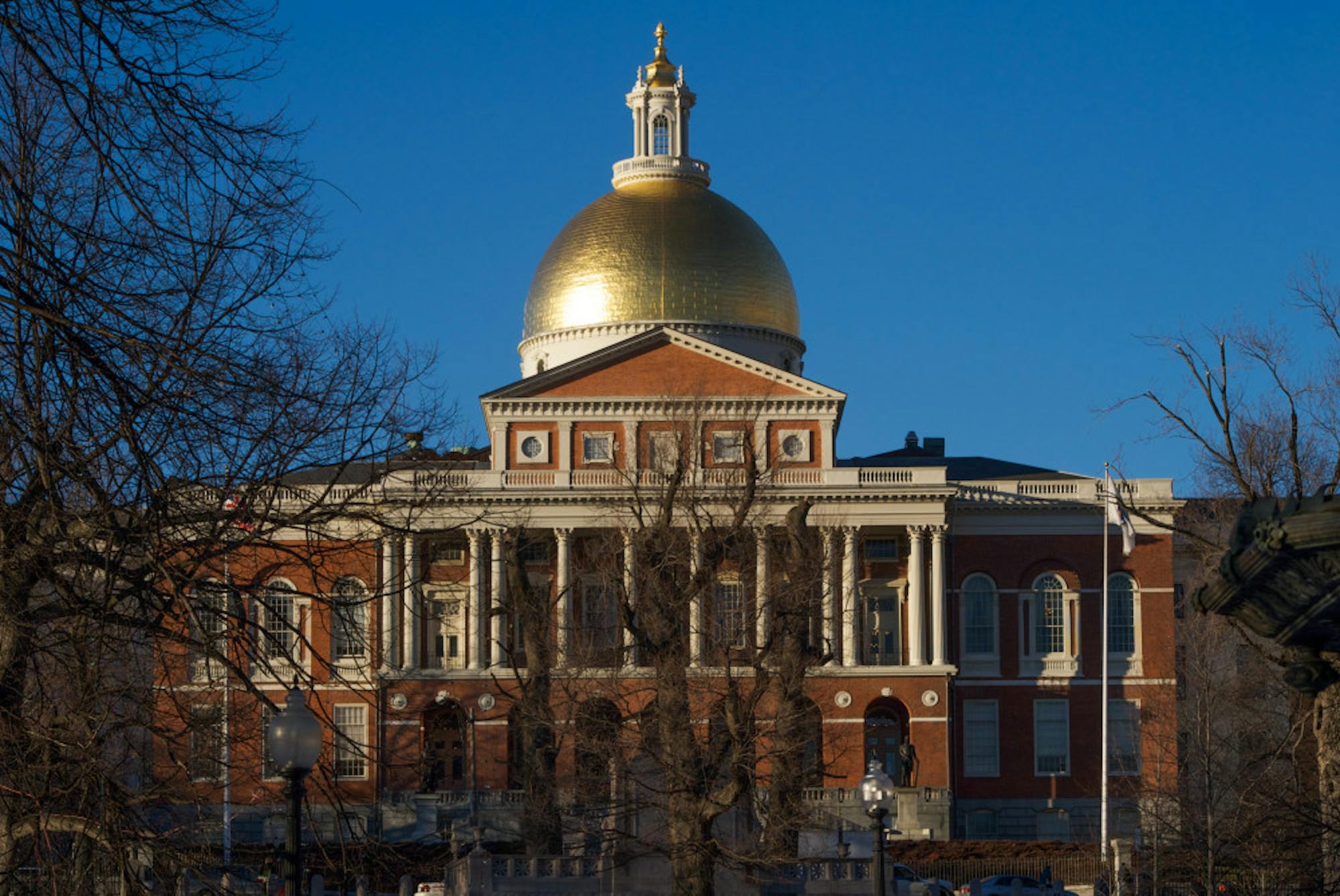Last November, Massachusetts voters passed a ballot initiative legalizing recreational marijuana for people above the age of 21. Now state legislators representing Medford and Somerville are determining how best to implement the voters’ will.
The Massachusetts Legislature has formed a Committee on Marijuana Policy, made up of members of the State Senate and House of Representatives. Senator Pat Jehlen of Medford and Somerville is the Senate chair of the committee and her vice chair is Senator Jason Lewis.
“[The] joint committee, no pun intended ... is going to hold public hearings on all the bills, and presumably make some kind of recommendation at the end of that process,” Representative Denise Provost of Somerville said.
Lewis has filed several bills this year attempting to alter the referendum and further restrict marijuana sales. In proposing the bills, Lewis said that he seeks to clarify the initial law and fill in gaps, according to an interview with WBUR.
Lewis' proposed reforms include limiting the types of marijuana products that can be sold and reducing the amount that people can possess in their homes. The bills also address driving while intoxicated and attempt to strengthen municipalities’ control of establishments that sell marijuana, according to the state legislature's website.
Meanwhile, a bill filed by Provost on Jan. 20 makes a different set of suggestions. Entitled “An Act improving taxation and regulation of marijuana,” Provost’s bill proposes establishing marijuana farms and cannabis cafes, she noted. Provost said these cafes would be similar to such cafes in the Netherlands.
Her bill also introduces the concept of a “marijuana farmers market” and states that, while a municipality may decide to impose a daily fee on a farmers market, the fee should not exceed $100. Provost said she also affirms the rights of individuals to grow cannabis at home.
Provost’s bill would prohibit municipalities from passing ordinances that would impose greater fees on marijuana users than those placed on violators of open container laws.
“This bill is an effort to affirm the essential rights … to consume and raise cannabis and to fill in some of the empty spaces of the bill … and also to enhance cannabis as an economic development activity,” Provost said.
Hearings happening during the Committee on Marijuana Policy's legislating process will open the debate to the voices of voters, Jehlen told the Daily in an email.
“The committee will learn more about how to … structure and implement this law so that adults in Massachusetts have safe, legal access to recreational marijuana,” Jehlen said,
In contrast, Jim Borghesani, the leader of the Yes on 4 initiative, which encouraged people to vote to legalize marijuana on Nov. 8, is staunchly opposed to any rewriting of the law.
“The [ballot initiative] lays out a well-structured and well-regulated system. It requires no intervention whatsoever from legislators,” he told the Daily.
Jehlen said that her goal in implementing marijuana legalization is to provide a safe, legal system for recreational marijuana use and to regulate the black market that exposes Massachusetts residents to more potent drugs.
“In considering changes to the ballot initiative, I would have to be convinced that it would enhance or improve the implementation of the voters’ will,” she wrote.
Provost said that, though voters supported the general proposition to legalize marijuana, the nuts-and-bolts details of implementation are the legislature’s responsibility.
“Voters were voicing general approval of the sentiment rather than adherence to every single detail of the ballot question, which was long and complicated,” Provost said. “But … in its broad-stroke features, [legalization] is what the voters intended and … that’s important."
According to Representative Christine Barber of Medford and Somerville, the original intention of the ballot question was to regulate marijuana in the same way that alcohol is regulated. Barber added that a primary concern was marijuana usage among young people.
“We’ll look at some of the permissions on things like edibles that could be mass-marketed to use,” she said.
Barber noted that a major problem with law enforcement around marijuana is that it targets low-income neighborhoods and people of color who commit nonviolent crimes like possession, which creates a gateway to an unfair criminal justice system.
“Legalization is one way to try to level the playing field and make sure we’re not spending resources on some of those nonviolent crimes,” she said.
Ultimately, Barber said that legislators can make amendments to the law and still honor the voters' will.
“The role of the legislature is to make sure that [legalization] is strong and well-crafted and sets a good example for states that have not yet legalized marijuana,” she said.
Legalizing marijuana in Massachusetts: Where local legislators stand

Boston, MA - The Massachusetts State House is pictured on Jan 28, 2008.





